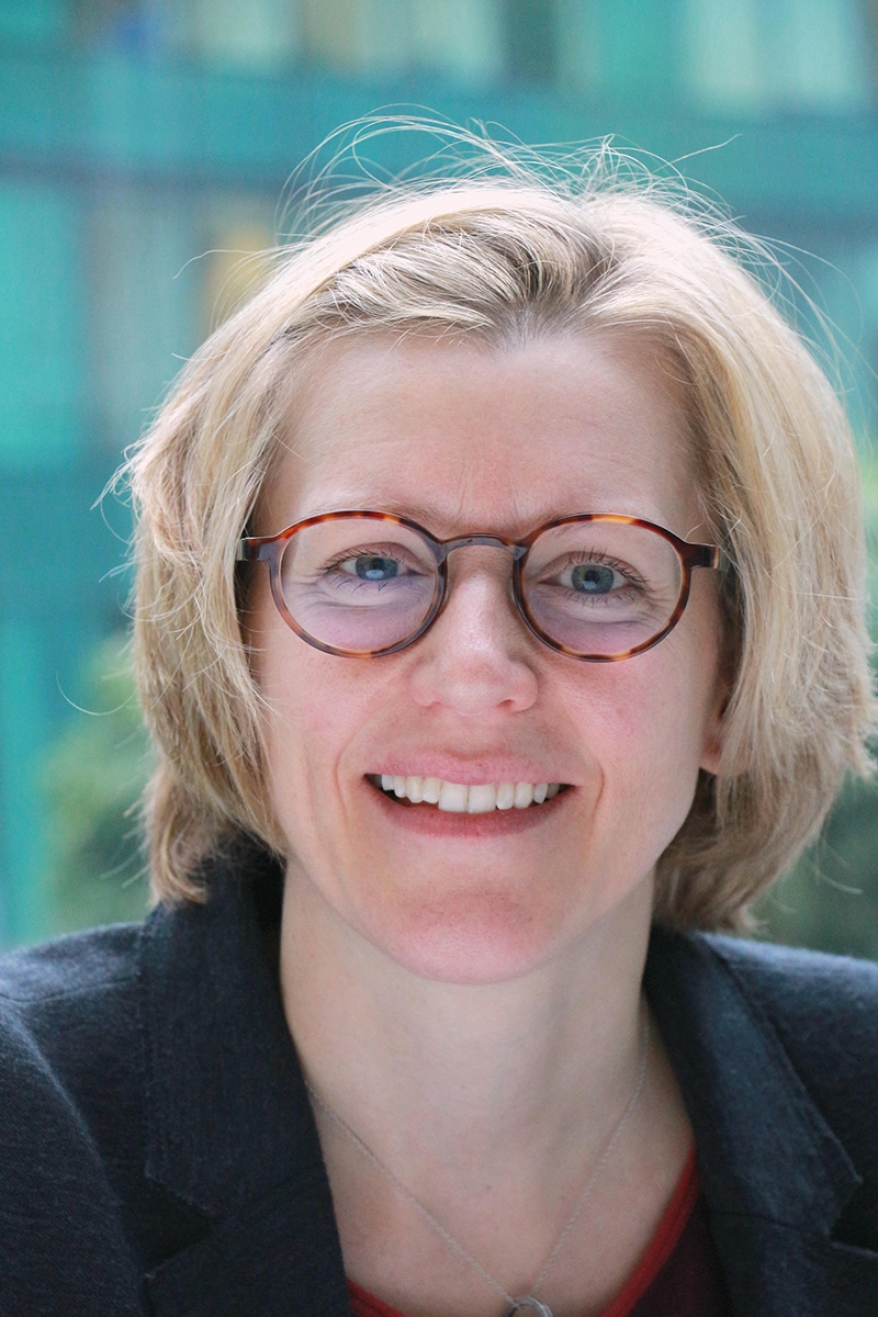The Marie Skłodowska-Curie Actions (MSCA) are the European Union’s flagship programme to support scientific excellence and cooperation across countries, sectors and research fields. The MSCA contribute to the achievement of the European Research Area and the European Education Area by supporting the mobility and training of excellent, creative and innovative researchers, as well as by supporting the development of excellent doctoral programmes.
In line with the principles set out in the European Charter for Researchers and Code of Conduct for the Recruitment of Researchers, the MSCA promote the effective supervision of researchers. MSCA beneficiaries must ensure adequate supervision, mentoring and appropriate career guidance for researchers.
Indeed, one of the essential elements of successful research is supervision. Good supervision contributes to creating a supportive environment for doctoral and postdoctoral researchers and staff to conduct their work and is of high importance for their career advancement. Guiding, supporting, advising and mentoring are key factors to enable researchers to embark on a promising career path or to re-start their career in research.
Since 2019, the European Commission has been actively engaged in discussions with many organisations and stakeholders, including Eurodoc, to identify and address possible challenges and needs in this area. The issue was also discussed during the “MSCA 2020 – Achieving more together” conference organised in September 2020 by the German Presidency of the Council of the European Union.
As a result of these discussions, the European Commission has developed the MSCA Guidelines on Supervision, which provide a set of recommendations addressed to participants in the Marie Skłodowska-Curie Actions, both individuals and institutions, whether from the academic or non-academic sector.
The MSCA Guidelines on Supervision aim to serve as a reference for host institutions and supervisors to ensure that researchers are adequately supervised from the outset and throughout the duration of their research project.
The Guidelines provide specific recommendations for supervisors, researchers and institutions on aspects ranging from the integration of researchers, research support and career development to mentoring and wellbeing of researchers and communication and conflict resolution. They also provide guidance for the training and professional development of the supervisors themselves.
All participants are expected to adhere to these guidelines on a best-effort basis, taking into account differing situations, disciplines, levels of experience and training of researchers.
The MSCA guidelines aim to complement other initiatives and codes of practice, which exist at institutional level.
For more information on the MSCA Guidelines on Supervision and to download the document, please visit the MSCA webpage at: MSCA Guidelines on Supervision | Marie Skłodowska-Curie Actions (europa.eu).


